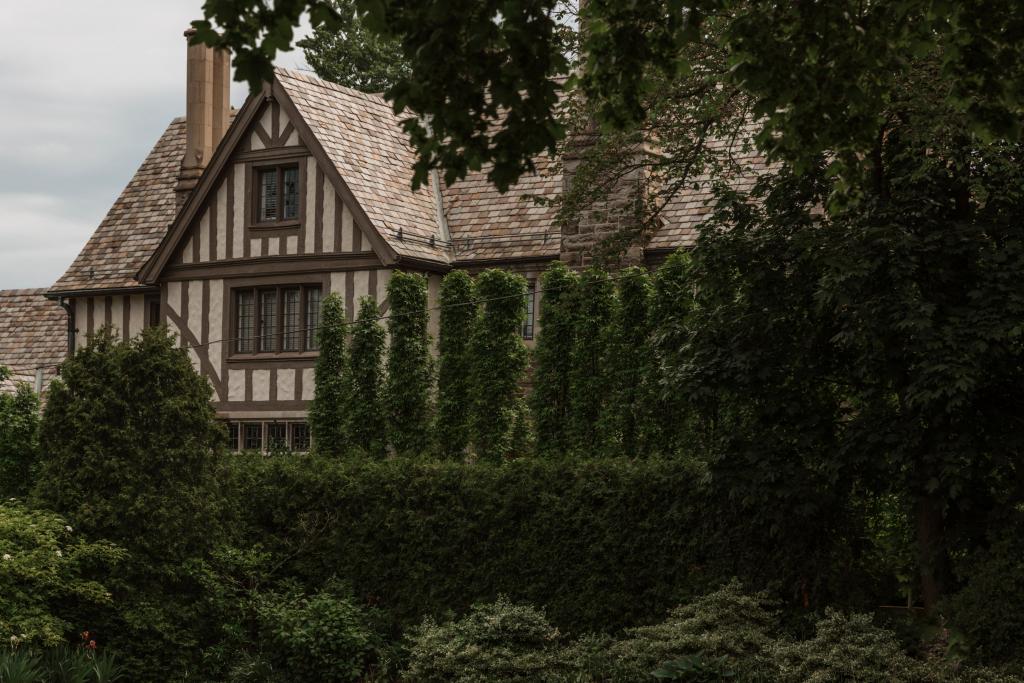When couples buy properties in their joint names, the law presumes that they intend to own them in equal shares. However, a High Court case which raised some novel legal issues showed how that presumption can be overcome.
The case concerned an unmarried couple who had two children during their 20 years together. They lived in a jointly owned family home. Following their separation, they informally agreed that the woman would waive any rights she may have had to a share in certain assets held in the man’s sole name. In return, he accepted that she should have all the equity in the property.
However, the man subsequently launched proceedings, seeking an order for sale of the property and equal division of the proceeds. She agreed to a sale but contended that she was entitled to all of the proceeds. Her arguments prevailed after a judge found that the agreement reflected their common intention. She having acted to her detriment in reliance on the agreement, a constructive trust arose in her favour and she was thus entitled to the entirety of the proceeds.
Rejecting the man’s challenge to that outcome, the Court found that the woman was not in fact required to establish detrimental reliance on the agreement in order to benefit from a constructive trust. The agreement itself satisfied all the necessary requirements for the creation of such a trust. It provided all the evidence that was needed to show that there was a common intention and that it would be unconscionable for the man to go back on the deal.
